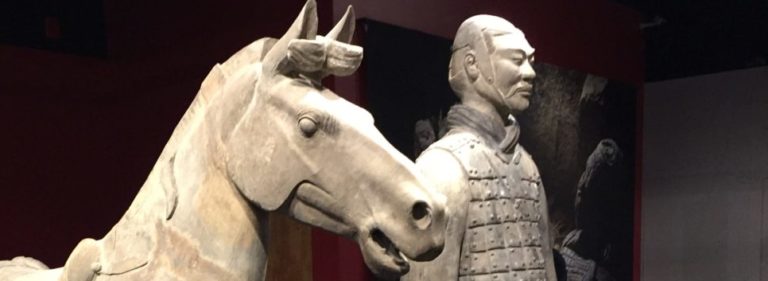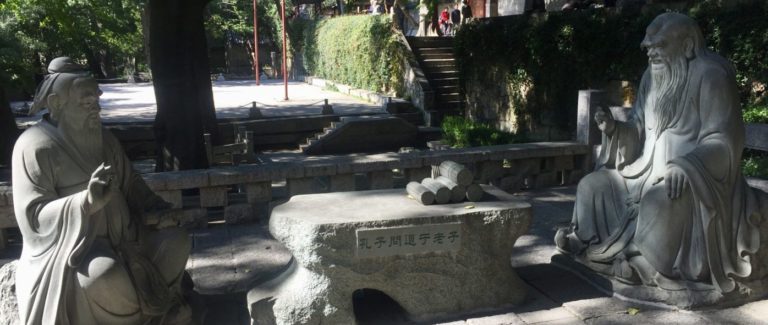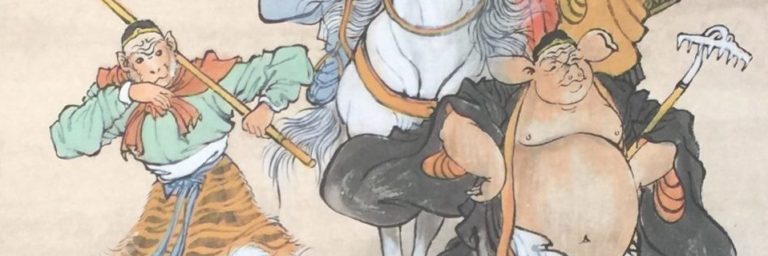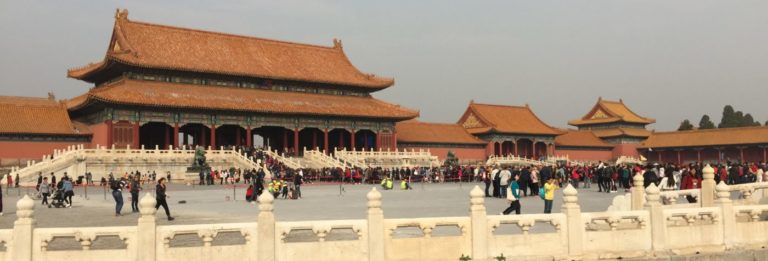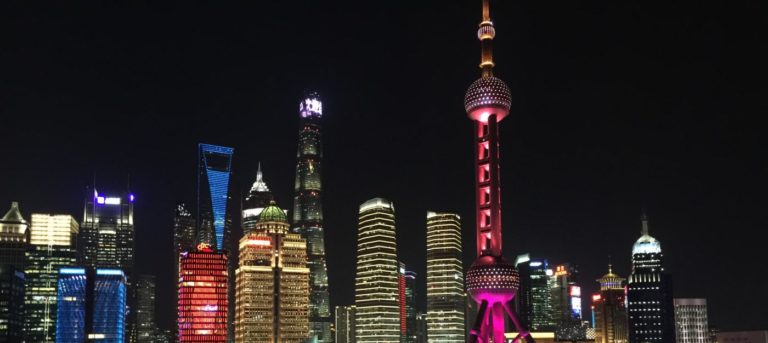Post-war Japan took some time to recuperate from the defeat and all its international repercussions. Ultimately, the humiliated country picked up the pieces and became a low-cost manufacturing engine for the World. “Made in Japan” became synonymous with “basic” and “cheap”, particularly with electronics. Major companies like Sony and Panasonic began to fuel an export driven economy, later boosted by upstart automotive companies like Honda and Toyota that have come to dominate the Automotive industry.

Japanese literature continues to examine the causes and consequences of WWII and the mammoth impact it has had on the Japanese people. Recent fiction that speaks to these themes includes: Memoirs of a Geisha: A Novel, The Street of a Thousand Blossoms
, and The Wind-Up Bird Chronicle: A Novel
.
The island nation has maintained a very insulated culture through the centuries. During the 1970’s and 1980’s when the Japanese economy was growing and the currency was strong, Japanese tourists were seen all through Europe and the US. There was a sense they wanted to be “more western”. However, that was probably a misunderstanding on the part of the western observers.
There is an anecdote about a conversation between Japanese and American businessmen. The Japanese businessman asked if it was possible for him to become American. The American replied that, yes, it was quite possible and that America had been populated by various immigrant populations throughout its history. Turning the tables, the American asked the Japanese businessman if it would be possible for the American to become Japanese. The answer, after some deliberation was, “Not so possible.” Remember, Japan is 97% homogeneously Japanese.

